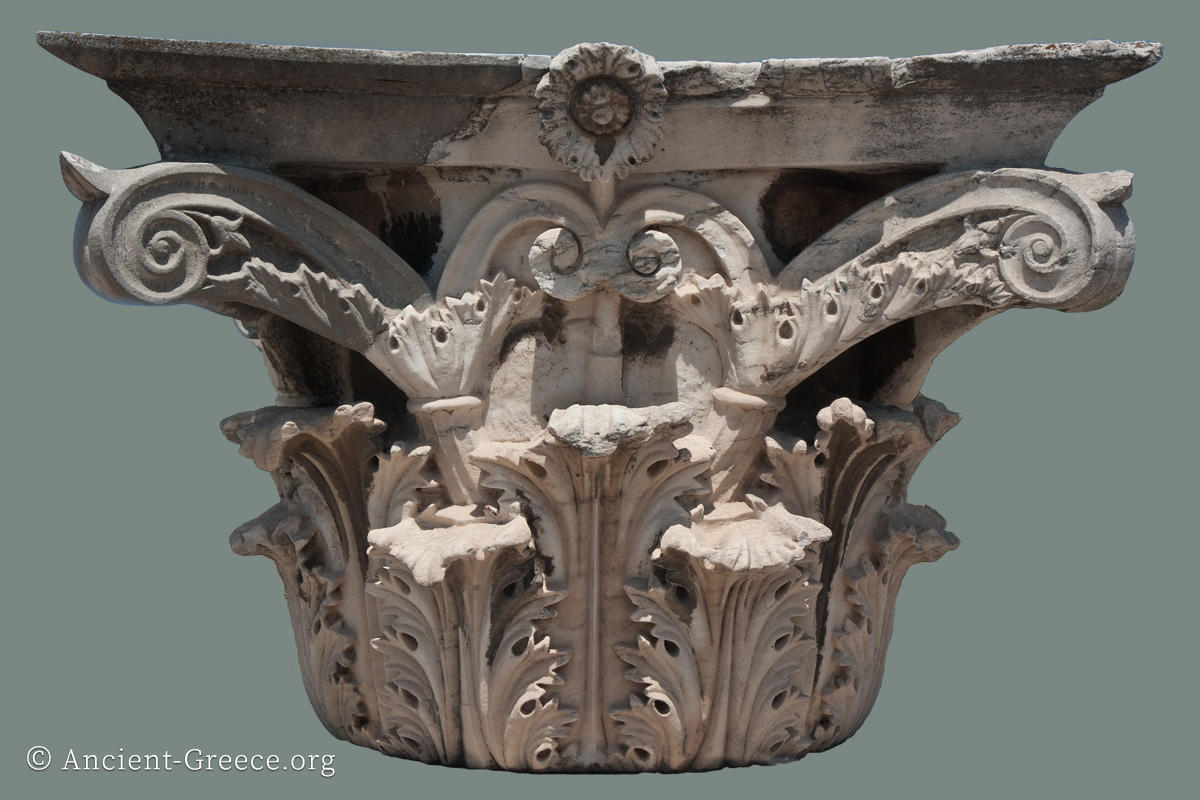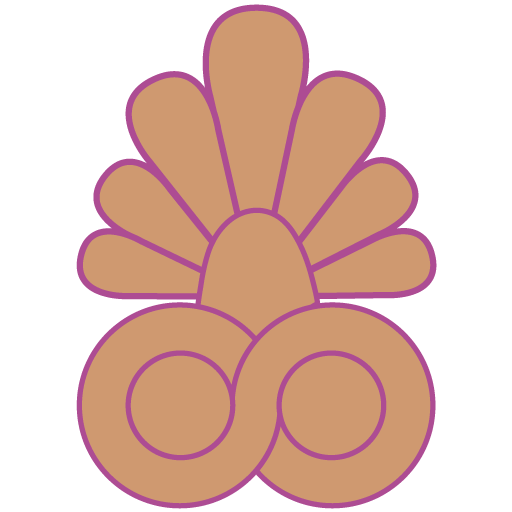
On this page:
Thanatos and Hypnos
Thanatos (Death) and his twin-brother Hypnus (Sleep) were the children of Nyx.
Their dwelling was in the realm of shades, and when they appear among mortals, Thanatos is feared and hated as the enemy of mankind, whose hard heart knows no pity, whilst his brother Hypnus is universally loved and welcomed as their kindest and most beneficent friend.
But though the ancients regarded Thanatos as a gloomy and mournful divinity, they did not represent him with any exterior repulsiveness. On the contrary, he appears as a beautiful youth, who holds in his hand an inverted torch, emblematical of the light of life being extinguished, whilst his disengaged arm is thrown lovingly round the shoulder of his brother Hypnus.
Hypnus is sometimes depicted standing erect with closed eyes; at others he is in a recumbent position beside his brother Thanatos, and usually bears a poppy-stalk in his hand. A most interesting description of the abode of Hypnus is given by Ovid in his Metamorphoses. He tells us how the god of Sleep dwelt in a mountain-cave near the realm of the Cimmerians, which the sun never pierced with his rays. No sound disturbed the stillness, no song of birds, not a branch moved, and no human voice broke the profound silence which reigned everywhere.
From the lowermost rocks of the cave issued the river Lethe, and one might almost have supposed that its course was arrested, were it not for the low, monotonous hum of the water, which invited slumber. The entrance was partially hidden by numberless white and red poppies, which Mother Night had gathered and planted there, and from the juice of which she extracts drowsiness, which she scatters in liquid drops all over the earth, as soon as the sun-god has sunk to rest.
In the centre of the cave stands a couch of blackest ebony, with a bed of down, over which is laid a coverlet of sable hue. Here the god himself reposes, surrounded by innumerable forms. These are idle dreams, more numerous than the sands of the sea.
Morpheus
Chief among them is Morpheus, that changeful god, who may assume any shape or form he pleases. Nor can the god of Sleep resist his own power; for though he may rouse himself for a while, he soon succumbs to the drowsy influences which surround him.
From: Berens, E.M. The Myths and Legends of Ancient Greece and Rome. New York: Maynard, Merril, & Co., 1880. Text in the public domain.
Related Pages

